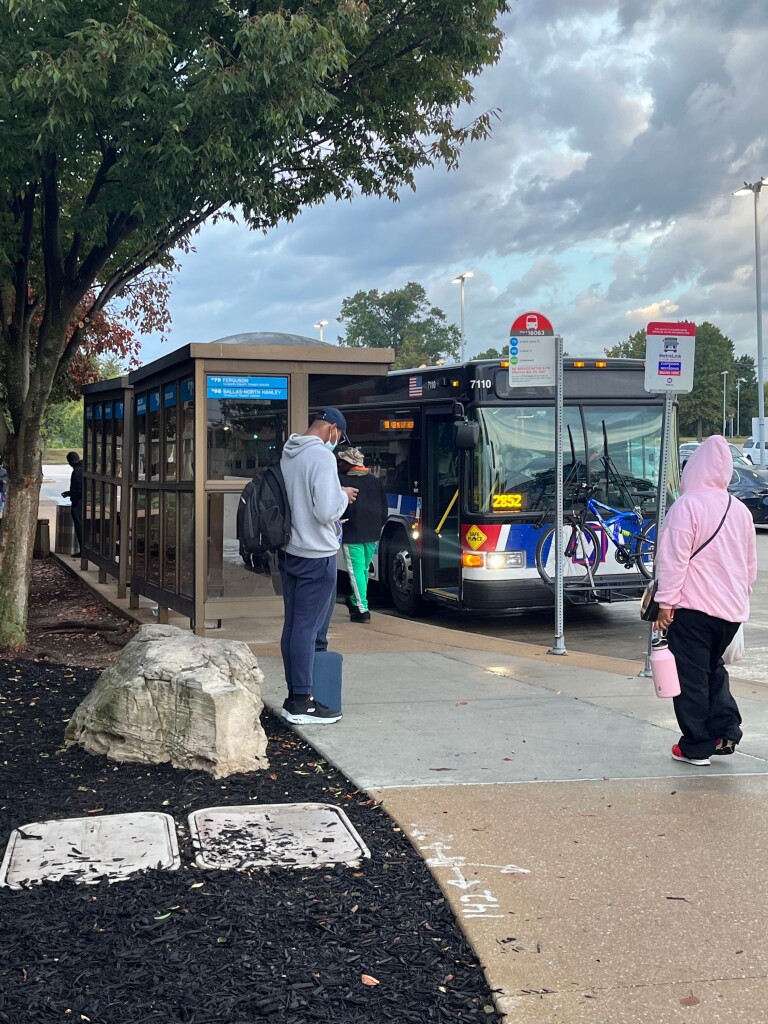The Federal Transit Administration recently released a statement concerning bus manufacturing. FTA has listened to transit agencies and U.S. bus Transit Vehicle Manufacturers (TVMs) discussing current trends in federally funded bus procurements and manufacturing that affect the financial health and stability of the bus manufacturing industry. This includes identifying steps to reduce vehicle contract costs and shorten vehicle delivery times. Specifically, the discussions have covered topics like managing component prices, addressing supply chain issues, growing the bus manufacturing workforce, and reducing unnecessary customization. Particular attention has been on the increased costs to TVMs of financing vehicle production from award of a contract through delivery and acceptance of the vehicles by transit agencies.
To address such challenges, FTA is encouraging the use of several tools available to transit agencies and TVMs, including:
- Contract modifications for price increases – Federally funded contracts can be modified for price adjustments (2 CFR §200.318(k)). Allowable modifications depend on factors including: (1) contract terms and conditions, such as change clauses and Producer Price Index or Consumer Price Index adjustment clauses; (2) applicable state, local, or tribal procurement law; (3) the terms of a price adjustment; and (4) the scope of the contract modification. Certain Federal regulatory requirements may apply, such as performance of a cost or price analysis in connection with a contract modification in excess of the Simplified Acquisition Threshold (currently $250,000), and where a cost analysis is performed, the FTA recipient must negotiate profit as a separate element of the price (2 CFR § 200.324(a)-(b)).
- Federal funds for price increases – FTA recipients can seek additional Federal funds to cover contract price FTA formula and certain other Federal funds (e.g., flexible FHWA funds) can be used to cover contract modifications for price increases.
- Clauses in new procurements –
- FTA recipients may include price adjustment clauses (allowing for adjustments both up or down) based on cost indices. Relevant contract terms include when prices are set in the procurement process and subject to subsequent adjustment, and which index/indices to use.
- Another type of contract clause to consider is a “brand name or equivalent” clause. Requiring a specific brand for a particular component without giving the contractor the option to provide an equivalent could result in a higher vehicle price, supply chain related delays, and may be inconsistent with Federal full and open competition
- Advance payments – Advance payments are payments made to the contractor prior to the contractor incurring costs and are permissible under certain circumstances. They can be made: (1) before the award of an FTA grant using local funds if the FTA recipient has either FTA automatic pre-award authority, an FTA Letter of No Prejudice, or other pre-award authority prior to making an advance payment; or, (2) after FTA grant award using local or FTA funds if the recipient provides a rationale, such as a reduction in the contract cost due to the payment, and FTA provides advance written concurrence. FTA recipients must obtain security from the contractor in the amount of the advance payment. Adequate security is subject to negotiation between the recipient and TVM, but typically is a performance bond or a letter of credit in the amount of the advance payment. A bond or letter of credit for the full cost of the procurement is not a Federal requirement for securitization.
- Progress payments – Progress payments (also sometimes called milestone payments) are payments to a contractor prior to completion of all contract work. Use of FTA funds for progress payments is permissible and does not require advance FTA concurrence if the FTA recipient: (1) obtains adequate security for those payments and (2) maintains documentation to show completion of the discrete activities associated with the progress payment. For rolling stock procurements, it is impermissible to tie progress payments to the percentage of completion of the contract. The security for progress payments typically is a performance bond or letter of credit in the amount of the payments but may be other types of security negotiated by the parties as appropriate, such as receipt of title to the rolling stock at an appropriate point in the manufacturing process.
- Securing the Federal interest – Security is only required under Federal law for rolling stock procurements utilizing advance or progress Requiring a performance bond or letter of credit when no payments will be made until acceptance of vehicles is not a Federal requirement and typically will drive up the cost of procurement due to the cost to the TVM to provide the security.
In order to increase value to the public, FTA also encourages recipients to pursue procurement strategies that lower costs and achieve economies of scale, such as state contracts and performance-based specifications.
In addition to the tools described above, FTA is taking additional actions to strengthen the American bus manufacturing industry, lower bus costs, and accelerate transit vehicle deliveries. FTA has created a bus procurement webpage, making it easier to find resources and answer questions, with links to applicable Federal regulations, FTA Circulars, updated FAQs, guidance, and other resources. Procurement courses through the National Transit Institute (NTI) have expanded. Through June 2024, NTI procurement courses are offered at 16 different dates and locations, spanning every FTA region.
FTA is also releasing the FY 2024 Buses and Bus Facilities and Low or No Emission Notice of Funding Opportunity (NOFO). Important new provisions in this NOFO will support transit agencies and strengthen bus manufacturing. Specifically, FTA will give priority consideration to NOFO applications proposing the use of any of the following: advance or progress payments, joint procurements, or procurement of base model buses. More details are in the NOFO.
As Missouri transit providers continue to move through these difficutl issues, please be sure to contact MPTA staff with other concerns or examples that can be brought directly to FTA at kcella@mopublictransit.org
